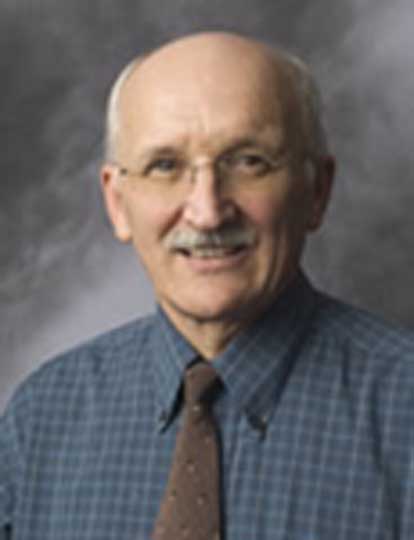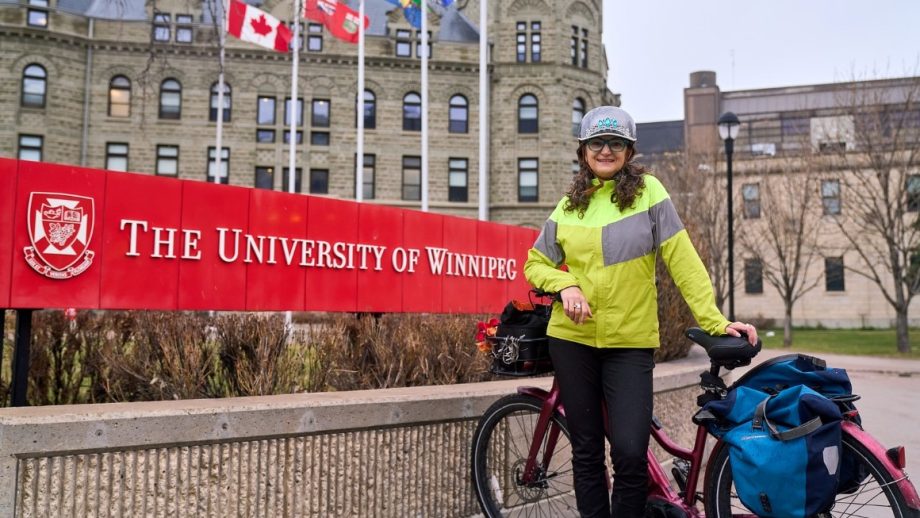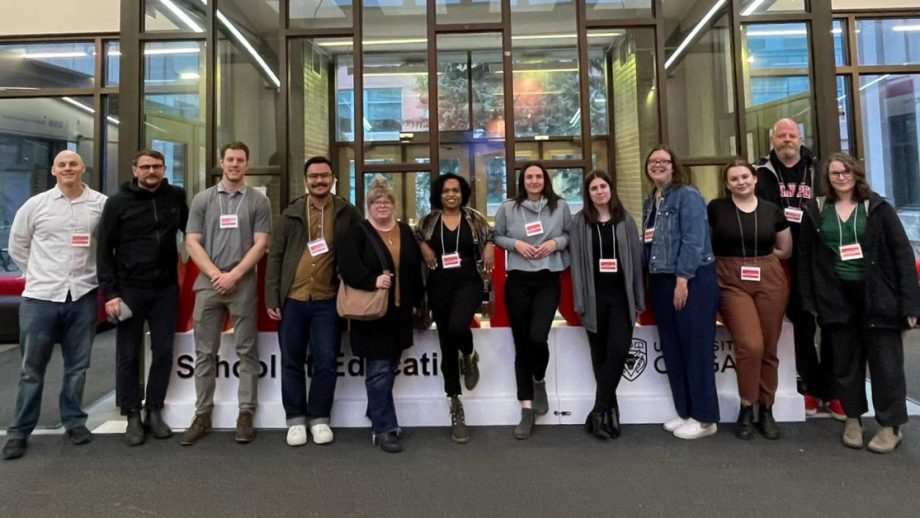UWinnipeg’s Department of History, the Ukrainian Canadian Congress (UCC) and the UCC Manitoba Provincial Council present a talk with historian and Fulbright scholar Ron Vossler. The talk, entitled Death Scream: Ethnic Germans in Soviet Ukraine Write Their Dakota Relatives, 1932-33, takes place on Wednesday, November 25, at 7:00 p.m. at the University of Winnipeg, in room 2M70, Manitoba Hall. This event is free and open to the public.
Vossler is an Associate Poet Laureate of North Dakota, a Fulbright scholar, and scriptwriter of five documentary films that have earned national and international awards, including We’ll Meet Again in Heaven, focused on the 1933 terror-famine in Ukraine. He has also authored ten scholarly and popular books, including his two most recent: the short story collection Dinosaur Cafe, and Hitler’s Basement, a personal exploration of links between Soviet terror and the Holocaust in Ukraine, and the role of ethnic German police units, under SS command, in the murder of the Jews of Odessa and Bessarabia. He lives in East Grand Forks, Minnesota.
Death Scream: Ethnic Germans in Soviet Ukraine Write Their Dakota Relatives, 1932-33
Many letters written by ethnic German farmers who lived in Soviet Ukraine in the 1920s and 1930s were sent abroad to relatives living in the U.S. and Canada. A number of German-language newspapers in North America published excerpts of them between 1928 and 1937. These letters, often carrying distinct religious overtones, convey a sense of foreboding and apocalyptic imagery, and give a sense of the mass violence and repression directed against the German minority living in the Soviet Union during these years. They convey, if not a picture of a growing catastrophe of Biblical proportions, then certainly paint a stark picture of the end of a traditional rural way of life. The letters also reveal attitudes of the German minority toward Soviet authorities and officials, including at times prejudices against ethnic Jews. The lecture will focus largely on letters written during the years of collectivization and mass starvation in 1932–1933, which in Ukraine is called the Holodomor.





